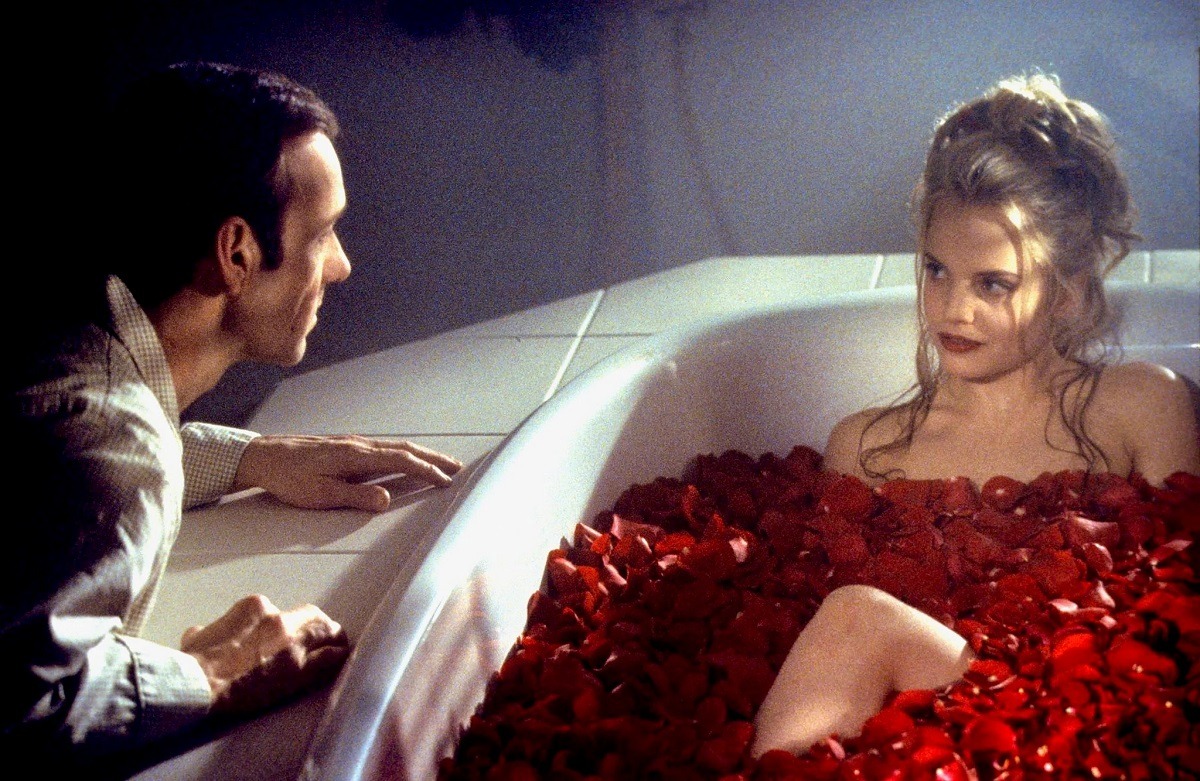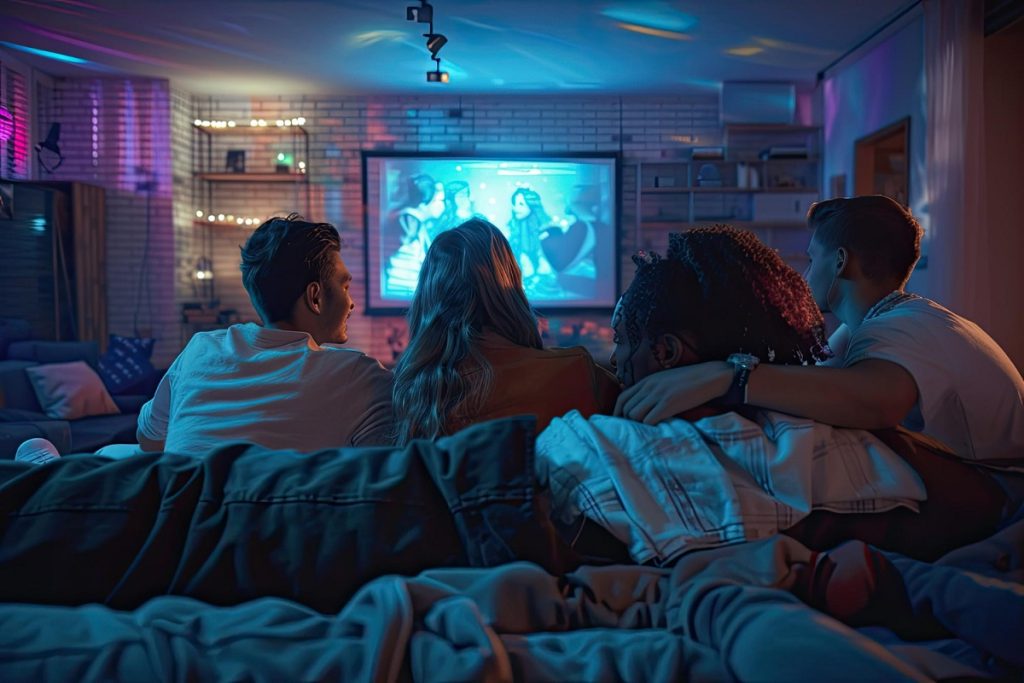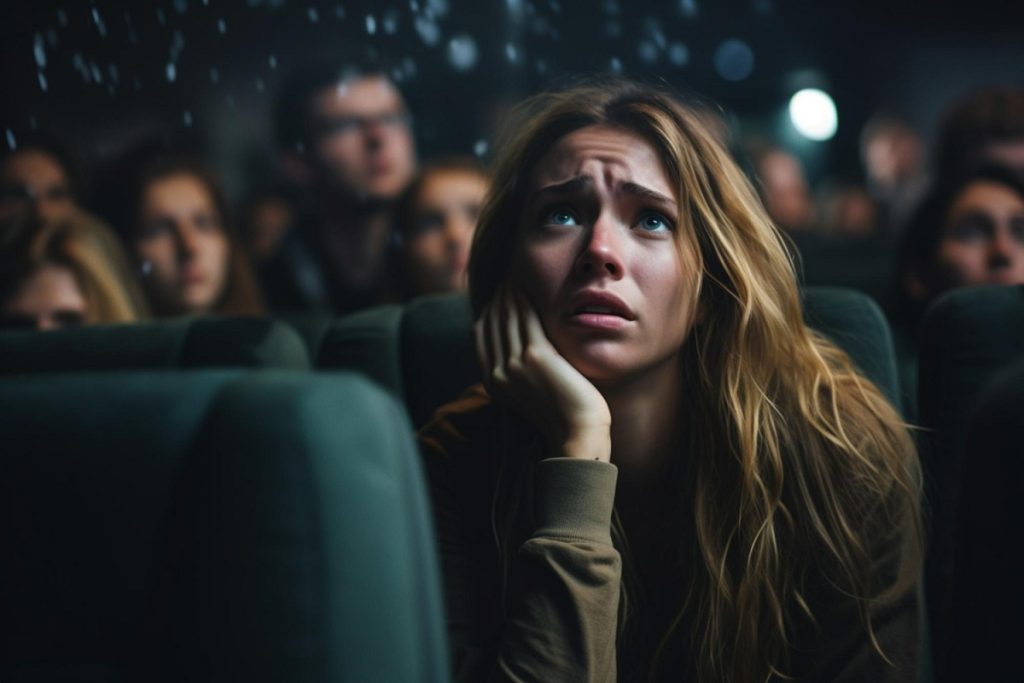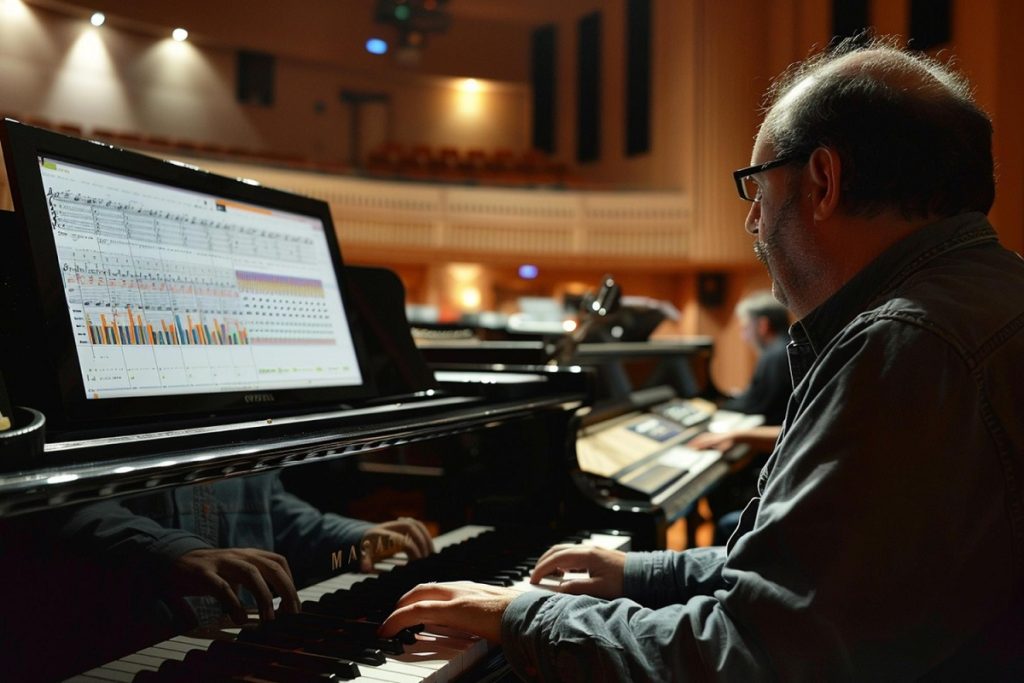Thomas Newman is a name that resonates deeply in the corridors of film music, known for crafting soundtracks that are as haunting as they are beautiful.
The distinctiveness of Newman’s compositions lies in their ability to not just accompany a scene, but to elevate it, enhancing the emotional, narrative, and atmospheric dimensions of the films they grace.
The profound impact of music in film storytelling
Soundtracks and scores are pivotal in defining the aesthetics and emotional undertones of films, TV shows, and even video games. They can subliminally influence viewers’ perceptions and feelings, steering the storytelling in subtle yet powerful ways.
A well-crafted score can become a character in its own right, a crucial layer of the narrative that communicates beyond words and visuals.
Thomas Newman, with his scores for films like ‘American Beauty’ and ‘1917’, serves as a prime example of this phenomenon.
His music not only complements the onscreen action but amplifies the internal experiences of the characters, and by extension, the audience.
Signature styles and themes in Newman’s work
Newman’s compositions are known for their exquisite orchestration and innovative instrumentation. Often blending traditional orchestral elements with electronic sounds, his music is atmospheric and evocative, capable of conveying deep pools of emotion and vast landscapes of mood.
For instance, the score for ‘American Beauty’ uses a sparse yet poignant piano motif that mirrors the film’s themes of suburban disillusionment and longing for beauty.
The soundtrack’s minimalist approach allows the audience to feel the emotional isolation of the characters, making it a critical part of the narrative machinery.
Palpable tension in ‘1917’
In the case of ‘1917’, Newman’s score is a masterclass in building tension and driving the film’s relentless forward momentum.
Here, the music plays a critical role in conveying the urgency and suspense of the characters’ journey, almost serving as an unseen narrator that guides the audience through the trenches of World War I.
The wider cultural and historical significance
Newman’s work on ‘American Beauty’ and ‘1917’ has not only contributed richly to the films themselves but has also influenced broader soundtrack practices.
His ability to create iconic audio landscapes has inspired a generation of composers who see the soundtrack as integral to the storytelling process, not merely as a background element.
Moreover, Newman’s scores often eschew grandiose orchestration for more intimate, nuanced compositions that can be as striking in their quietness as they are in their crescendos.
Unique stories and personal anecdotes
Interestingly, Thomas Newman comes from a family steeped in movie music heritage, with famed composer Alfred Newman as his father. This background imbued him with a deep understanding of filmic soundscapes from an early age.
Despite this, Newman has mentioned in interviews that his approach is always one of exploration and innovation, striving to reinvent his sound with each project.
It’s said that for ‘American Beauty’, Newman composed many of the film’s cues without having seen the actual footage, relying solely on the script and his interpretations of the narrative’s needs.
This method, while unorthodox, highlights Newman’s ability to tap into the emotional cores of stories and enrich them through his musical intuitions.
Thomas Newman’s contributions to film music are substantial and enduring.
Both ‘American Beauty’ and ‘1917’ showcase his unparalleled ability to deepen the narrative and evoke a strong emotional response from the audience, securing his place as one of the most distinguished composers in the industry.






